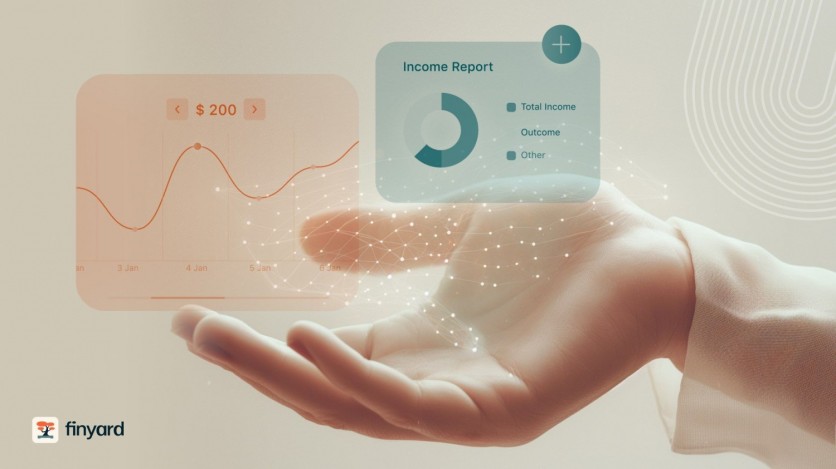
Financial inclusion has become a fundamental goal in today's financial landscape, with technology and innovation being the driving force behind reshaping the future of finance.
Leading fintech companies like Finyard recognise the importance of fostering financial inclusion and bridging the gap for the financial industry's future development. By leveraging technological innovations, these companies create financial solutions that promote economic growth and social equity.
The Importance of Financial Inclusion
Financial inclusion focuses on making financial products and services accessible and affordable to everyone, regardless of their net worth or the size of their business. It is all about breaking down barriers across the financial system and ensuring equal financial opportunity across the board.
Proper access to the financial system has the potential to dramatically enhance the quality of life, reduce poverty, and promote economic development. Thus, financial inclusion is critical for creating a fair and equitable society and fostering a thriving economy.
Such financial services allow individuals or businesses to save money, invest, seek education, improve health, and grow the local economy through starting or expanding businesses—all while contributing to the greater global economy. This, in turn, leads to increased income and more job creation, further bolstering the economy.
How to Make Finance Accessible to All
By creating financial solutions tailored to a wider population, fintech companies allow a higher level of participation in the financial system, enhance transaction security, and reduce costs. Such products and services can include mobile banking, digital payment systems, user-friendly design, localisation, and more.
Mobile Banking and Digital Payments
One of the most effective ways to enhance financial inclusion is through mobile banking and digital payments. These technologies allow people to access financial services from their smartphones, eliminating the need for physical bank branches. Mobile banking apps offer a wide range of services, from opening accounts to transferring money and paying bills. Digital payments make transactions faster, safer, and more convenient, especially in remote or underserved areas.
User-Friendly Design
Creating user-friendly financial products is essential for financial inclusion, especially for those who historically haven't had access to such products. Products with intuitive interfaces and positive user experiences make it easier for people to navigate and utilise such financial services. This is particularly important for individuals who may not be tech-savvy or familiar with complex financial products. Simplifying the user experience ensures that financial services are accessible to the broadest audience possible.
Lower Fees
Financial inclusion is most necessary in economically underdeveloped regions that have traditionally lacked financial services. Therefore, high fees can pose a significant barrier for potential users and businesses. Reducing fees or keeping fees to a minimum in general, allow more participation for low-income individuals, small businesses, and more. Low fees can apply to opening accounts, transferring or depositing funds, and/or maintaining minimum balances. Eliminating such a significant barrier via cost reduction can attract more users and a much larger customer base, bolstering financial inclusion.
Localised Products and Services
Perhaps the least obvious way to promote financial inclusion is to build all products and services with localisation in mind. Tailoring financial products and services to meet the specific needs of local populations is an effective strategy. This includes offering services in local languages, providing local multilingual customer support, and developing products that cater to the unique financial behaviours and needs of different communities. Understanding and addressing the specific needs of customers improves access and usability of financial services.
Conclusion
In conclusion, financial inclusion is essential for creating a fair, equitable, and thriving society. Fintech companies like Finyard are leading the way in this effort by developing cutting-edge financial solutions that make finance more accessible to all. With a focus on technology and innovation, Finyard builds products and services geared toward simplifying financial services. With added attention to localisation, Finyard ensures its products reach a broader audience.
Looking ahead to the future, the continued development and implementation of new technologies will be vital for advancing financial inclusion. By always prioritising inclusivity in product design and development processes, financial institutions can ensure that their services reach and benefit everyone, regardless of their economic status or geographical location.
Learn more about Finyard.
![Apple Watch Series 10 [GPS 42mm]](https://d.techtimes.com/en/full/453899/apple-watch-series-10-gps-42mm.jpg?w=184&h=103&f=9fb3c2ea2db928c663d1d2eadbcb3e52)



